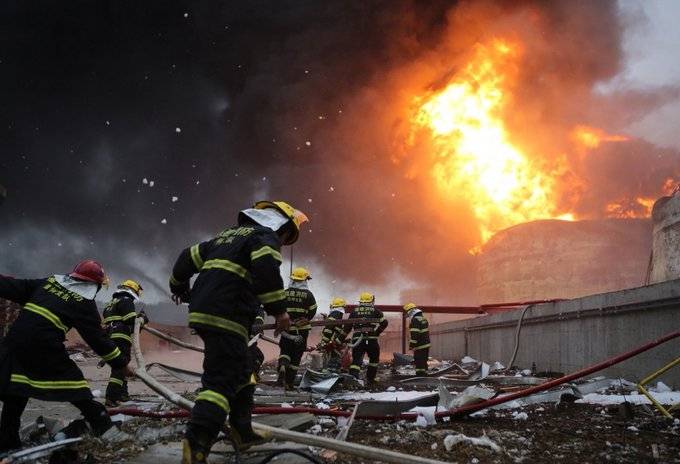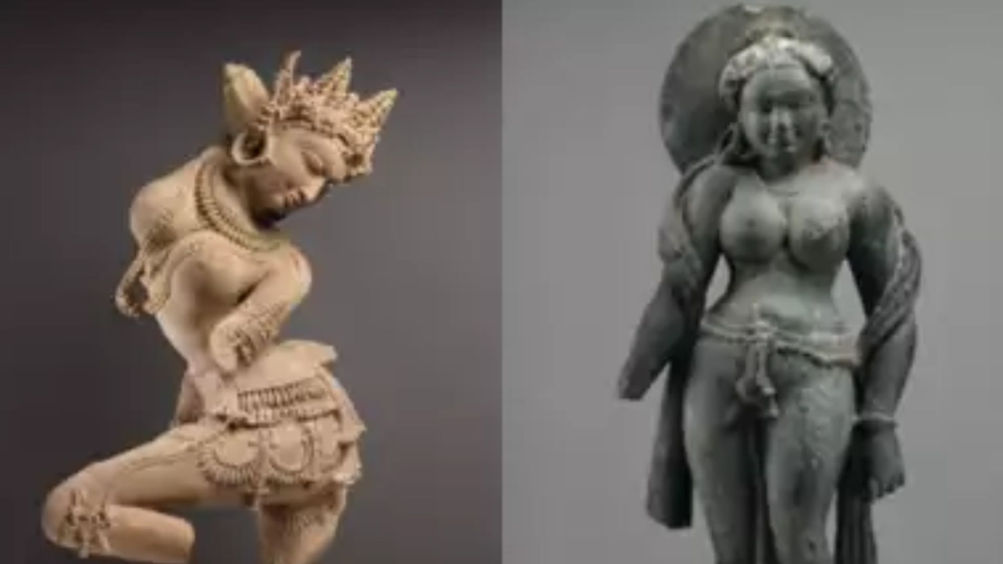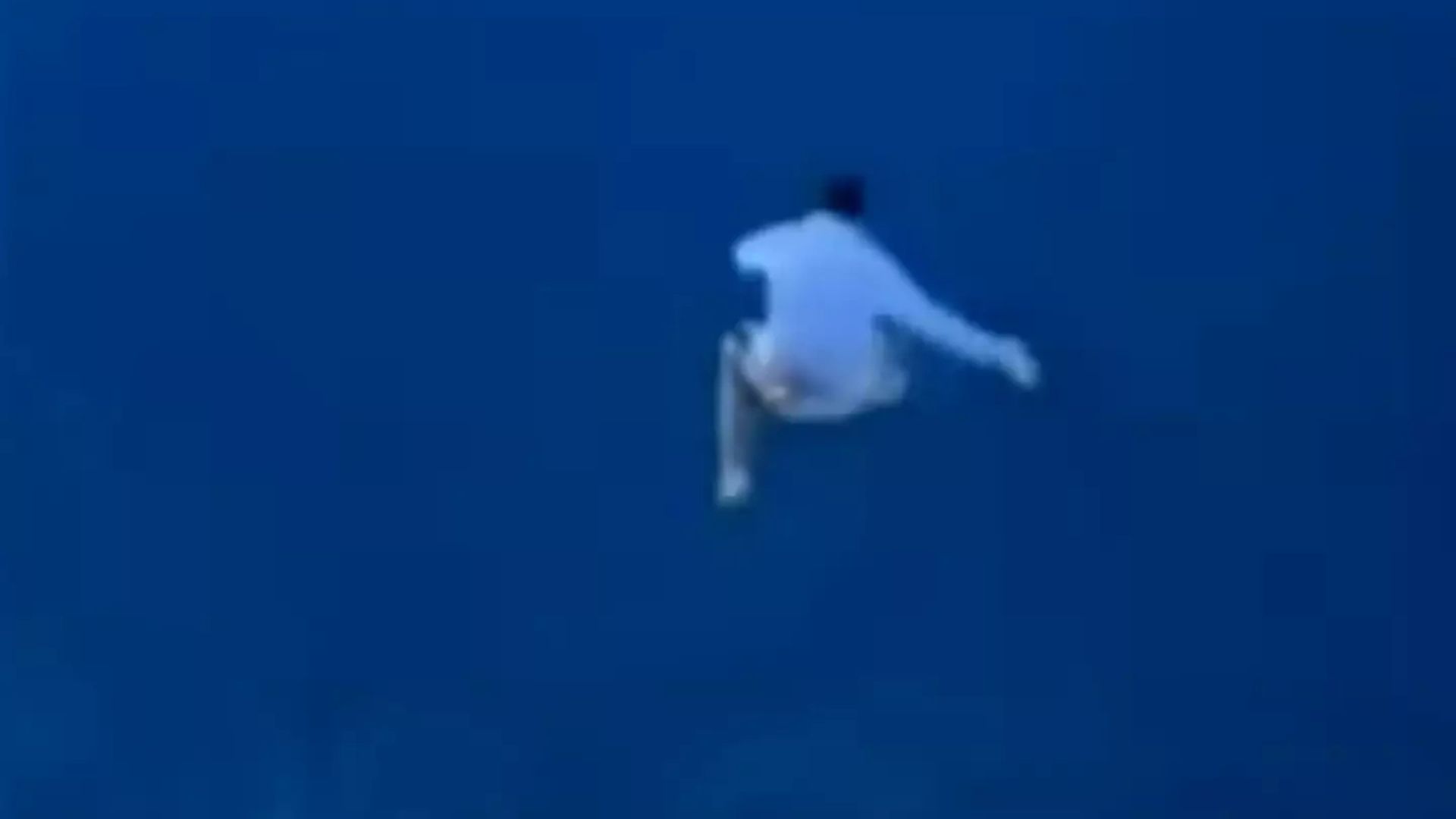
The surprise attack on Israel by the Palestinian terrorist group Hamas was unprecedented not only for its scale, but also for the brutality perpetrated on common Israelis. The so-called resistance fighters behaved like hardened criminals when they went house to house slaughtering civilians, raping and massacring the women attendees of a peace music festival, abducting even children and senior citizens, chopping off people’s heads in full view of the camera, the way ISIS does—it is not in recent memory that the world has seen such savagery. At the time of writing, the death toll is believed to have crossed 1,000, including those who have been killed in Gaza in retaliatory bombings by Israel. It is but natural that Israel will respond with unimaginable force to such beastly acts of terror. The Israeli leadership has been asking Gaza residents to leave ahead of a major ground assault, having called up three lakh reservists. Israel’s Defence Minister Yoav Gallant has ordered a full siege of Gaza, cutting off power, food, gas—everything. This will directly impact Gaza’s 2.2 million population.
The Gaza Strip is staring at a full-blown humanitarian crisis, even as Hamas keeps firing rockets at Israel, including at capital Tel Aviv, apart from still infiltrating into Israel to try and spread mayhem. The buzz is that the Hezbollah in Lebanon in Israel’s north is waiting for Iran’s go-ahead to open a second front. Iran is threatening to respond with missile strikes on Israel from Lebanon, Yemen and Iran if attacked, thus dragging the region into a much wider conflict. All the West Asian fault lines that had sought to be filled over the decades are now resembling gaping wounds, with old enmities and grievances back to the surface. But then this is what the Hamas and its backers wanted: a West Asia in turmoil, jeopardizing the many steps taken in the recent past to ensure peace and stability. The coalition of Arab states and Israel that “nuclear” Iran perceived as being built against it, lies in tatters. All the overtures of peace by the Arab world towards Israel and vice versa may fall victim to the mood of the Arab Street, which is rather hostile at the moment.
All this will have far-reaching implications for the world, both strategically and economically. The Abraham Accords between Israel, United Arab Emirates and Bahrain, facilitated by the United States in 2020, may likely fray. Even though the UAE has condemned the terror attacks in Israel and has asked both sides to ensure that sanity prevails, its further response may likely be decided by the extent of the crisis in Gaza. At stake is also the Middle Eastern/West Asian Quad, known as I2U2—India, Israel, United States and UAE. I2U2 is primarily about joint investments in areas such as water, energy, transportation, space, health, food security and technology.
To start with, I2U2 is looking at establishing a hybrid renewable energy project in India. Even though at a nascent stage, the economic potential of I2U2 cannot be ignored. At stake is also the future of India’s involvement in the Chabahar port of Iran. Now that India has openly condemned the terrorist violence in Israel, it remains to be seen if Iran takes advantage of this and tries to get India out of Chabahar. China has been trying to get into Chabahar and has been working behind the scenes to get India out of this strategically located port. Another important project at stake is the recently launched India-Middle East-Europe Corridor (IMEC). Announced at G20 in New Delhi in September, IMEC is tying India, Saudi Arabia and Israel together before it reaches Europe. This corridor is a step towards the normalization of relations between Israel and Saudi Arabia, and has the potential to be a counter to China’s Belt and Road Initiative. Now that violence has broken out and the 22-member state Arab League is threatening Israel with dire consequences if it acts against Gaza, Saudi Arabia, the leader of the Muslim world, is caught between a rock and a hard place. Worries are mounting that IMEC has been severely jeopardized even before the plan leaves the drawing board.
How things came to such a pass, how the mighty Israeli intelligence and military systems failed to pre-empt a full-scale invasion by the Hamas, will be a matter of investigation and research for years to come. Israel needs to find out where the rot has set in and if this colossal failure is a result of systemic lapses. In fact the attack should serve as a lesson for India, for the terrorists in its own neighbourhood would have been energized by Hamas’ act of audacity.
Meanwhile, as West Asia/Middle East sinks into turmoil, with things spiralling out of control, China seems to be the only country to be in an advantageous position, which is bound to raise questions about who the actual backers of Hamas are.















